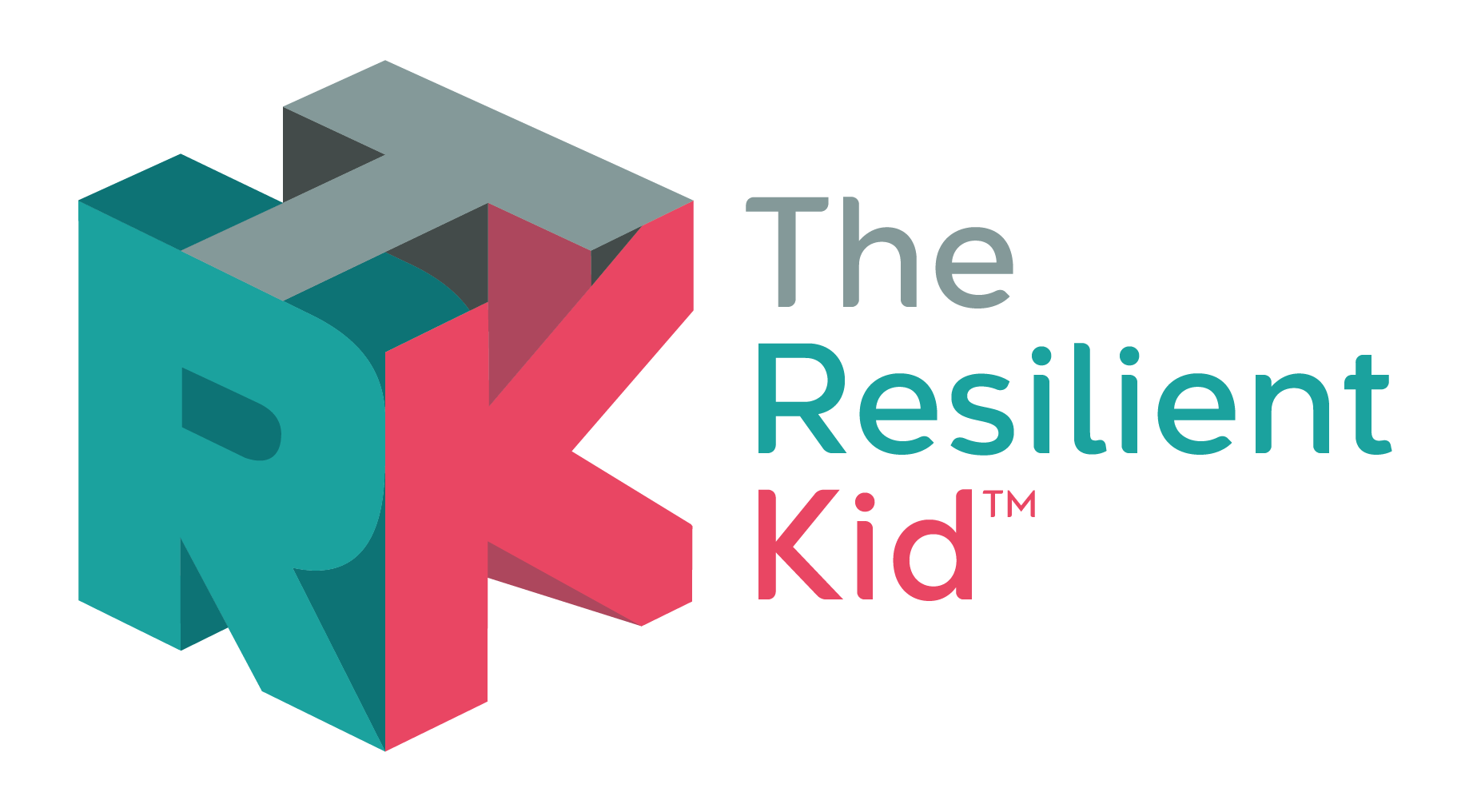
The Impact of Paracetamol on Young Minds
23/11/2023
Unveiling the Hidden Dangers
In the aisles of convenience and the shelves of supermarkets, a seemingly innocent item poses a silent threat to the well-being of our young generation. Paracetamol, often viewed as a common household remedy, holds a darker side that demands our attention. This blog explores the negative effects that paracetamol can have on the mental health of young individuals, shedding light on a concern that often lurks in the shadows.
The Convenience Trap: Easily Accessible, Easily Abused
Paracetamol, known for its accessibility and affordability, has found its way onto the open shelves of supermarkets. While the convenience of purchasing this over-the-counter medication has its merits, it also raises alarming concerns. Young minds, grappling with the complexities of adolescence, may view paracetamol as a readily available solution to their struggles.
A Cry for Help: Understanding the Connection with Self-Harm
Through the lens of a poignant story, we witness the impact of paracetamol as a means of coping. The tale of Ted, a 13-year-old navigating profound traumas, unveils a distressing pattern. Ted's escape to a supermarket, the acquisition of paracetamol, and the subsequent attempt at self-harm expose the dangers of this commonplace medication.
Paracetamol: A Lethal Choice for Vulnerable Minds
What makes paracetamol particularly perilous in these situations? The blog delves into the physiological effects, emphasizing how an overdose can wreak havoc on internal organs. The ease with which one can obtain multiple packets amplifies the risk, putting young lives in jeopardy.
A Plea for Change: Sign the Petition
Acknowledging the severity of the issue, this blog urges readers to take action. A petition, aimed at removing paracetamol from open supermarket shelves, is a collective call for change. By signing and sharing the petition, readers become advocates for the well-being of our youth, promoting a safer environment for mental health.
Beyond the Shelves: Fostering Responsibility in Communities
The responsibility to protect young minds extends beyond individual actions. Communities, parents, and educators are implored to raise awareness about the potential harm associated with open access to paracetamol. By fostering dialogue and advocating for change, we can collectively create a safer space for our young ones.
Conclusion: Safeguarding Our Future
As we navigate the landscape of mental health, it is crucial to identify and address hidden threats. Paracetamol, despite its medicinal value, poses a significant risk to the mental well-being of our youth. Through awareness, education, and a united front, we can ensure that the aisles of convenience no longer house silent dangers. The call to action is clear: sign the petition, share the message, and collectively safeguard the future of our young generation.
Go on and sign our petition to limit access to paracetamol. https://chng.it/5PBZ9CpTfm
Comments
Must be Logged In to leave comments.

